Academy for Justice-Informed Practice
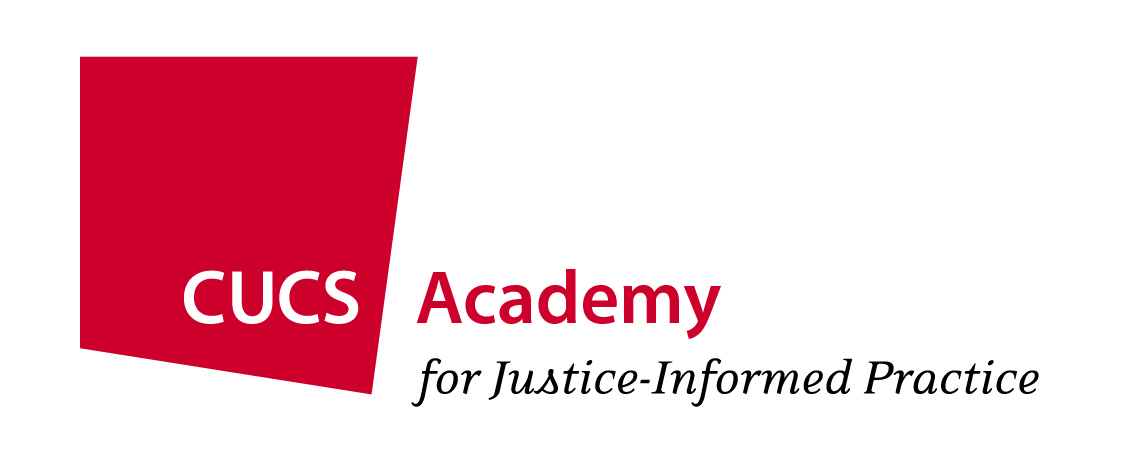
Our Mission
The Academy for Justice-Informed Practice (the Academy) is a workforce training initiative targeting a wide array of professionals working with individuals with behavioral health needs and criminal justice involvement in New York State. We partner with experts from across disciplines to develop and deliver quality training programs that advance leading-edge information, teach best practices and foster collaborative working relationships among our training participants. All of our programs are free of charge. We believe that an educated workforce is critical to reducing recidivism, enhancing public safety and fostering recovery among justice-involved people with behavioral health needs.
Interdisciplinary Training Programs
Our interdisciplinary trainings target direct service professionals working across a wide range of behavioral health and criminal justice settings.
Behavioral Health/Criminal Justice Certificate Program
Implemented in April 2014, our certificate program is comprised of the Academy’s core curriculum. These nine classes teach foundational skills and are taught by seasoned professionals who are currently working at the top of their respective fields. To complete the certificate program, participants must complete all nine courses within a year of beginning the program. Some of these classes can be completed online. Browse through our Frequently Asked Questions for additional information.
Electives and Panels
The Academy offers a wide range of electives and panels to enhance, support and expand upon the learning objectives of the core curriculum. Like all of our classes, these offerings advance best practices, highlight current thinking in the field and help attendees develop skills to meet the needs of their justice-involved clients. We offer most of our electives several times a year. Each year, we add new electives to our roster. Join our mailing list to stay connected!
Specialized Training Programs
Our specialized trainings target specific professional groups.
NYPD Crisis Intervention Training
According to the New York City Police Department (NYPD), over 175,000 calls involving people in emotional or mental health crisis are made to 911 every year. It critical, therefore, that police officers are trained to safely and effectively handle these situations. Toward this end, the NYPD implemented Crisis Intervention Training (CIT) in 2015. CIT for law enforcement professionals has been implemented in hundreds of jurisdictions across the country and has proven to be highly effective in helping police officers safely and sensitively manage situations involving persons in emotional and mental health distress.
The CUCS Academy, in collaboration with the NYPD, delivers CIT to nearly 4,000 officers across the department each year. This four-day training, conducted weekly in small classroom settings with 30 officers at a time, promotes empathy and sensitizes trainees to the needs of people in mental health crisis who come to the attention of the police. The training aims to help participants deescalate crisis using communication strategies and empathic listening; reduce the use of force; re-direct individuals to treatment instead of jail when appropriate; and to protect the safety of officers, persons in crisis and the public at large.
Legal Training
The Academy conducts legal trainings each year, covering critical areas of practice for legal professionals working with individuals with mental illness in New York State criminal proceedings. Trainings are developed with the assistance of our Executive Legal Committee, which is comprised of prosecutors, defense lawyers, civil lawyers, court attorneys and clinicians – all of whom have decades of expertise working with justice-involved individuals with mental illness in New York State’s legal and criminal justice systems. Trainings are equally relevant to prosecutors and defense lawyers, and confer CLE credit hours. All trainings are free of charge. To learn more about the content of our legal trainings contact us at academy@cucs.org or call our info line at 212-801-3303.
Other Specialized Training
The Academy offers specialized training to professional groups on an as-needed basis and when possible. Contact us at academy@cucs.org if you would like to discuss your specialized training needs.
Meet Our Faculty
The Academy partners with experts at the top of their field to provide you with high-quality training related to justice-involved people with behavioral health needs. Below you will find information on just a few of our esteemed faculty.
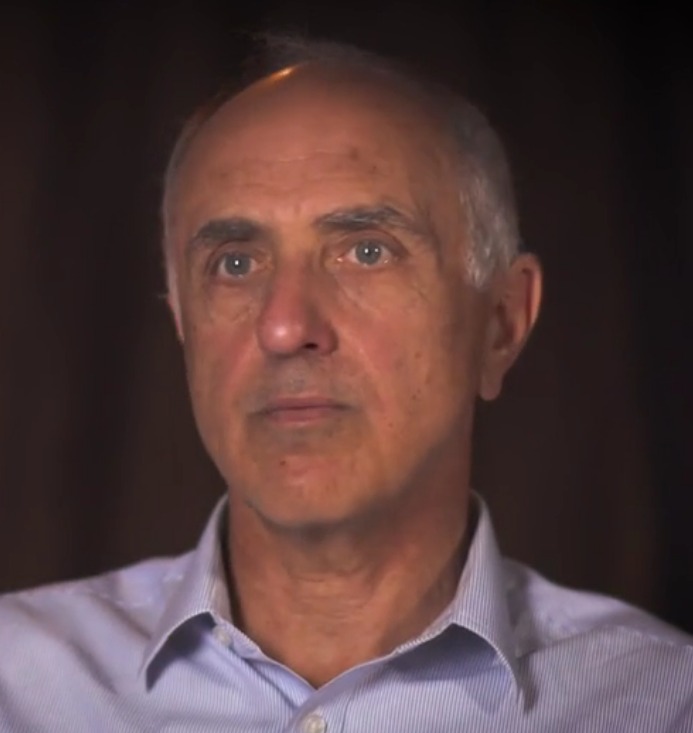
Merrill Rotter, MD
Merrill Rotter is a forensic psychiatrist with the NYS Office of Mental Health and on faculty at Albert Einstein College of Medicine In his OMH role, Dr. Rotter is Senior Forensic Advisor to the Commissioner of NYS OMH and Director of the Division of Forensic Services at Bronx Psychiatric Center. Dr. Rotter leads a program of teaching, research and clinical service for Einstein as well as for OMH. Dr. Rotter is creator and Project Director of SPECTRM, a research, training and treatment program aimed at helping to meet the needs individuals with mental illness who have a history of incarceration. He helped design and implement the curriculum for the CUCS Academy for Justice Informed Services, established in 2012 and provides clinical oversight for the mental health diversion, reentry and health home care coordination services at EAC, Inc. Dr. Rotter’s research interests include risk assessment, violence risk management, mental health diversion, assessing and addressing the medical, behavioral health, social service and engagement challenges of individuals with seriously mental illness and criminal justice contact, as well as the social determinant and social justice aspects that relate to all of the above areas.
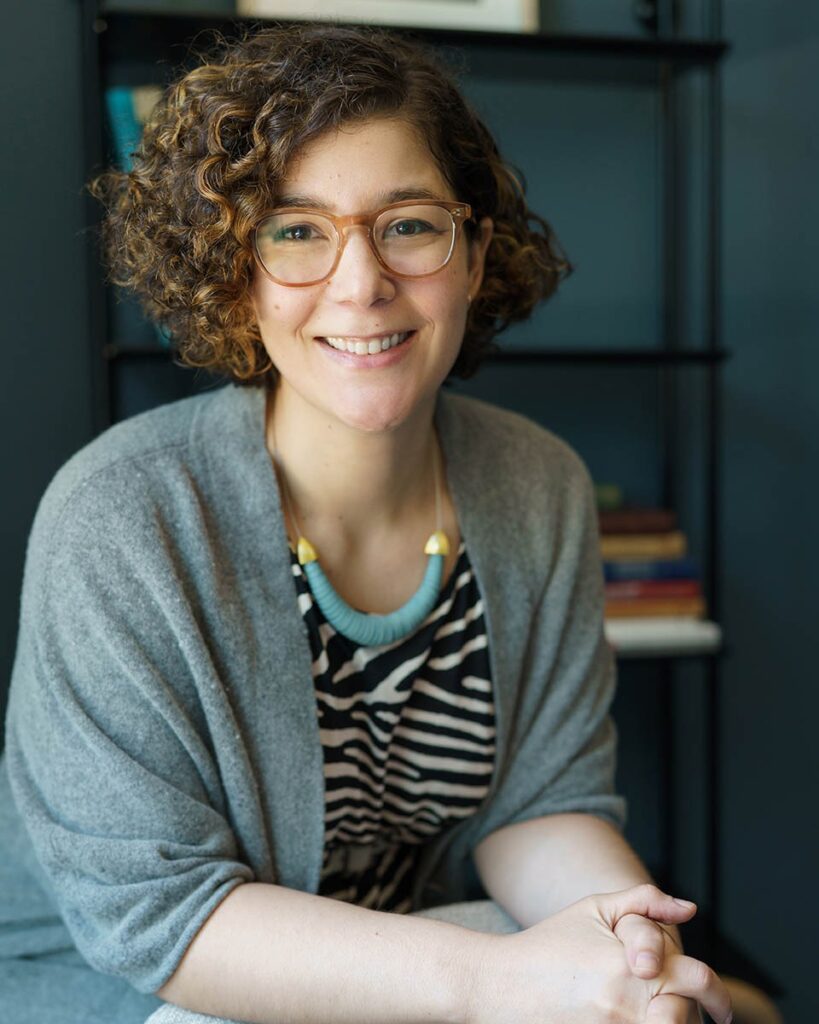
Eugenia Dubus, Ph.D.
Dr. Dubus obtained her Ph.D. in forensic psychology from The Graduate Center, CUNY. She is experienced in the fields of diversion, re-entry and the assessment and management of violence and trauma. She has spent most of her career working with underserved populations in the context of the criminal justice and immigration system in New York City. She is an educator and trainer, having been adjunct faculty at John Jay College of Criminal Justice for the past decade. Dr. Dubus joined CUCS as a faculty member in 2018 and routinely teaches several of the Criminal Justice certificate trainings.
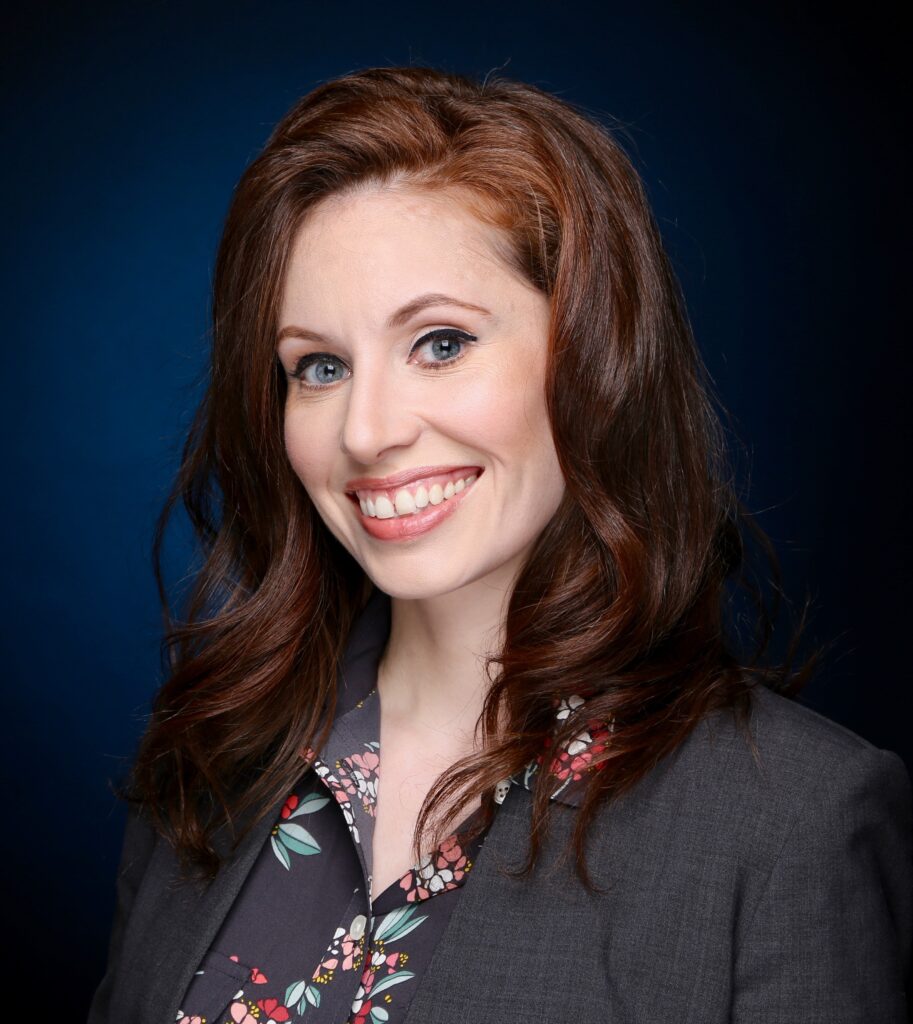
Melodie Foellmi, Ph.D.
Dr. Melodie Foellmi is a New York State Licensed Psychologist specializing in Forensic Psychology. She received her clinical and forensic training at Fordham University and Bellevue Hospital, and now works as a clinical forensic psychologist in several capacities. She is the Senior Clinical Director of New York City Forensic Mental Health at EAC, a non-profit organization that includes alternative to incarceration programs and jail re-entry programs for individuals with mental illness. Dr. Foellmi also works as a psychological evaluator in court cases involving questions surrounding mental health, where she evaluates individuals, writes reports for the courts, and testifies in court as an expert witness. Her clinical and research specializations include violence risk screening, assessment, and management, stalking assessment and treatment, alternative to incarceration, re-entry from correctional contexts, and clinical formulation in forensic contexts.
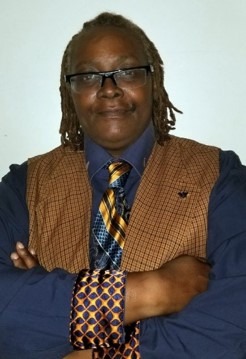
Helen “Skip” Skipper
Helen “Skip” Skipper has been working in Peer Support since 2009. She was instrumental in formulating The New York City Peer Workforce Coalition, holding the title of Executive Chair from inauguration of 2016 until 2019. Hired by DOHMH to lead Friendship Benches as the 1st Peer Supervisor in all of DOHMH she spearheaded the Friendship Benches – Thrive NYC team from inception in 2017 to late 2019 through several community crisis’s. In 2018 Skip completed the very first cohort of John Jay College of Criminal Justice – Institute for Justice and Opportunity (formerly the Prisoner Reentry Institute) – Navigator Certificate in Human Services and Community Justice and has since completed their Collective Leadership Supervisor Training. In 2019 Skip entered St. Francis College as part of their Post-Prison program seeking her Bachelors degree in Criminal Justice with a minor in psychology/sociology. Now working in Criminal Justice as the Peer Coordinator of The New York City Criminal Justice Agency, Skip has designed, implemented and leads a team of 6 certified peers and credible messengers working in the Queens Supervised Release Program.
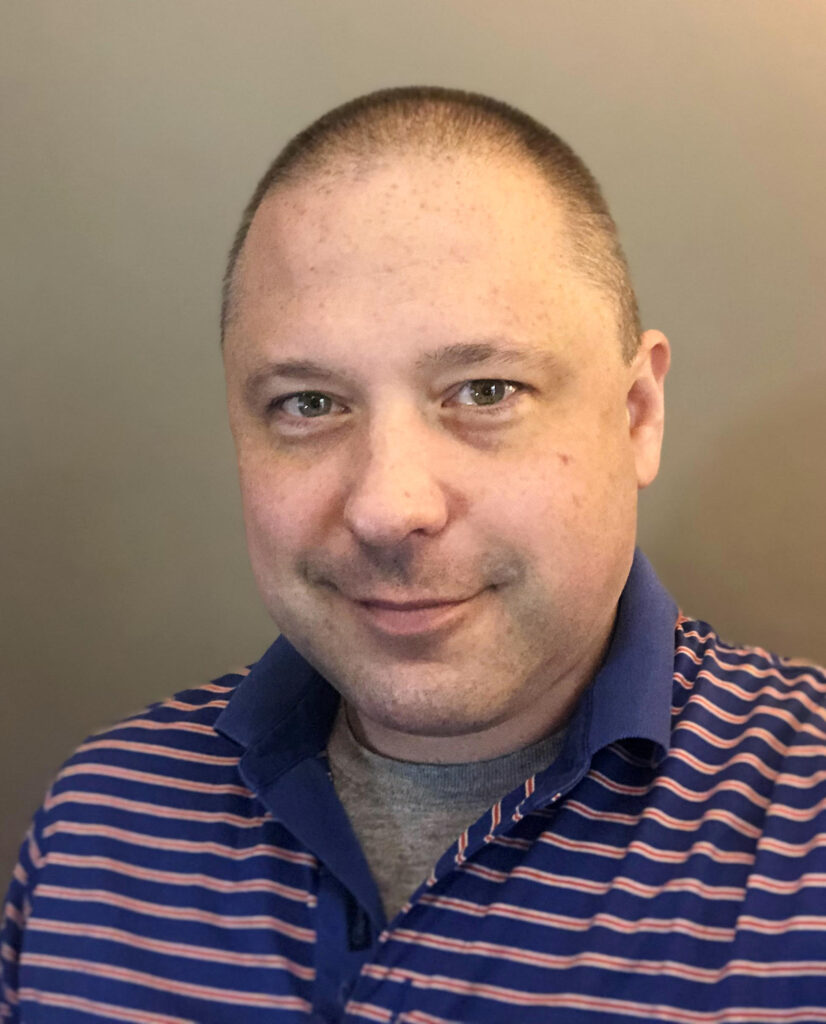
James Holmes, LCSW
James Holmes is the Director of the CUCS Academy for Justice Informed Practice. He has years of experience training behavioral health, legal and law enforcement professionals in the areas of mental health, crisis management and de-escalation. James also spent many years of his career working in, opening and running supportive housing programs. Prior to joining CUCS, James worked with children with Autism Spectrum Disorder, Senior Citizens and HIV Prevention programs. In addition to his role as the director, James is also an instructor for The Academy. Look for him in our offerings on Motivational Interviewing and Harm Reduction.
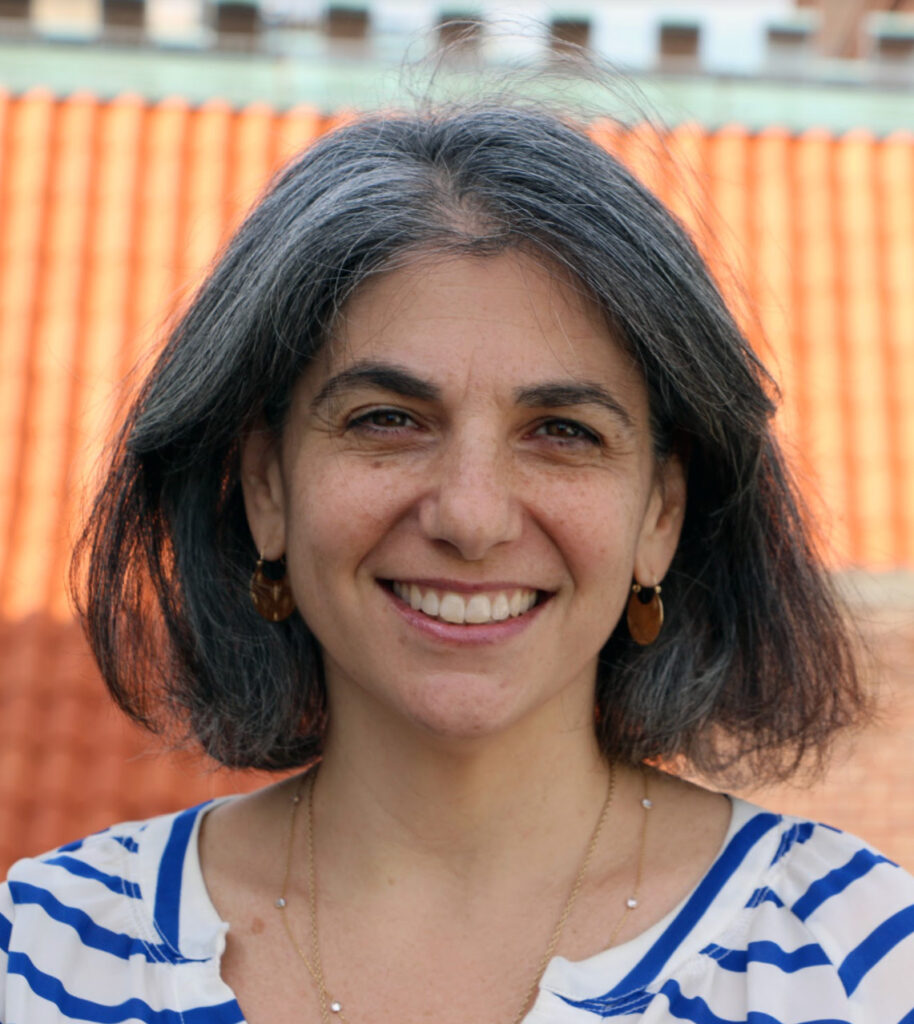
Jennifer Gholston, LCSW-R
Jennifer Gholston is the Director of the CUCS Institute. She oversees the CUCS Institute’s Training Department, Academy for Justice Informed Practice, and the Housing Resource Center. Prior to joining the Institute, Ms. Gholston served as Program Director for the CUCS Street to Home Outreach Program, helping to transform New York City’s homeless outreach services and pioneer a performance-based contracting model that holds providers accountable for moving homeless people off of the streets and into housing. Ms. Gholston initially joined CUCS in 2005 as the Program Director of the Assertive Community Treatment (ACT) Team, and before joining CUCS, served as the Social Work Supervisor of an interdisciplinary mobile crisis team serving homeless New Yorkers. Ms. Gholston holds a BA from Rollins College and MSSW from Columbia University School of Social Work.
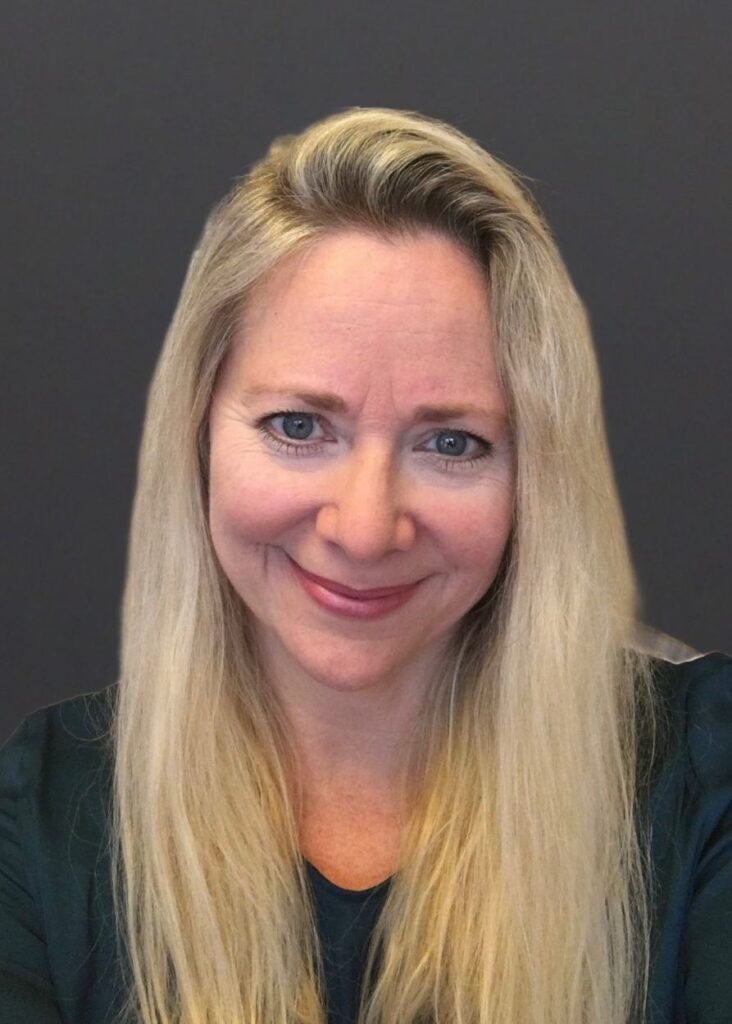
Wendy Vogel, MPA
Wendy Vogel is the Director of Pre-Release & Reentry Services for the NYS Office of Mental Health and is responsible for discharge planning for all incarcerated individuals with mental illnesses returning to the community from NYS prisons, including pre- and post-release provider and peer in-reach and transitional forensic intensive case management and shelter diversion programs. In addition, she oversees reentry policy development and resources for the Division of Forensic Services, including forensic housing, mental health training for parole, and statewide reentry resource directory and hotline for peers and families. In 2014, she led the development of the Academy for Justice-Informed Practice to advance skill development for the behavioral health and legal workforce to improve outcomes for individuals with criminal justice involvement. Ms. Vogel previously worked for Policy Research Associates, Inc. on a national level with a focus on mental health and criminal justice programs and policy. In this capacity, she served as data manager for national research studies and facilitated technical assistance to communities and states on behavioral health and criminal justice collaboration across the criminal justice spectrum and assisted with the planning and development of expert meetings that address various issues relating to people with histories of trauma and co-occurring disorders involved in the criminal legal system.

Additional CUCS Trainings
Our Training Institute provides interactive, hands-on training and continuing education credits for professionals on a wide-range of topics, including housing and homelessness, behavioral health, case management, clinical and evidence-based practices.
Our acclaimed curriculums have been designed to provide real-world, practical learning opportunities that can be implemented immediately by staff. Our skilled trainers are all licensed social workers with extensive experience working in human service sector, committed to providing learning experiences that help staff deliver high-quality services to people in need.
